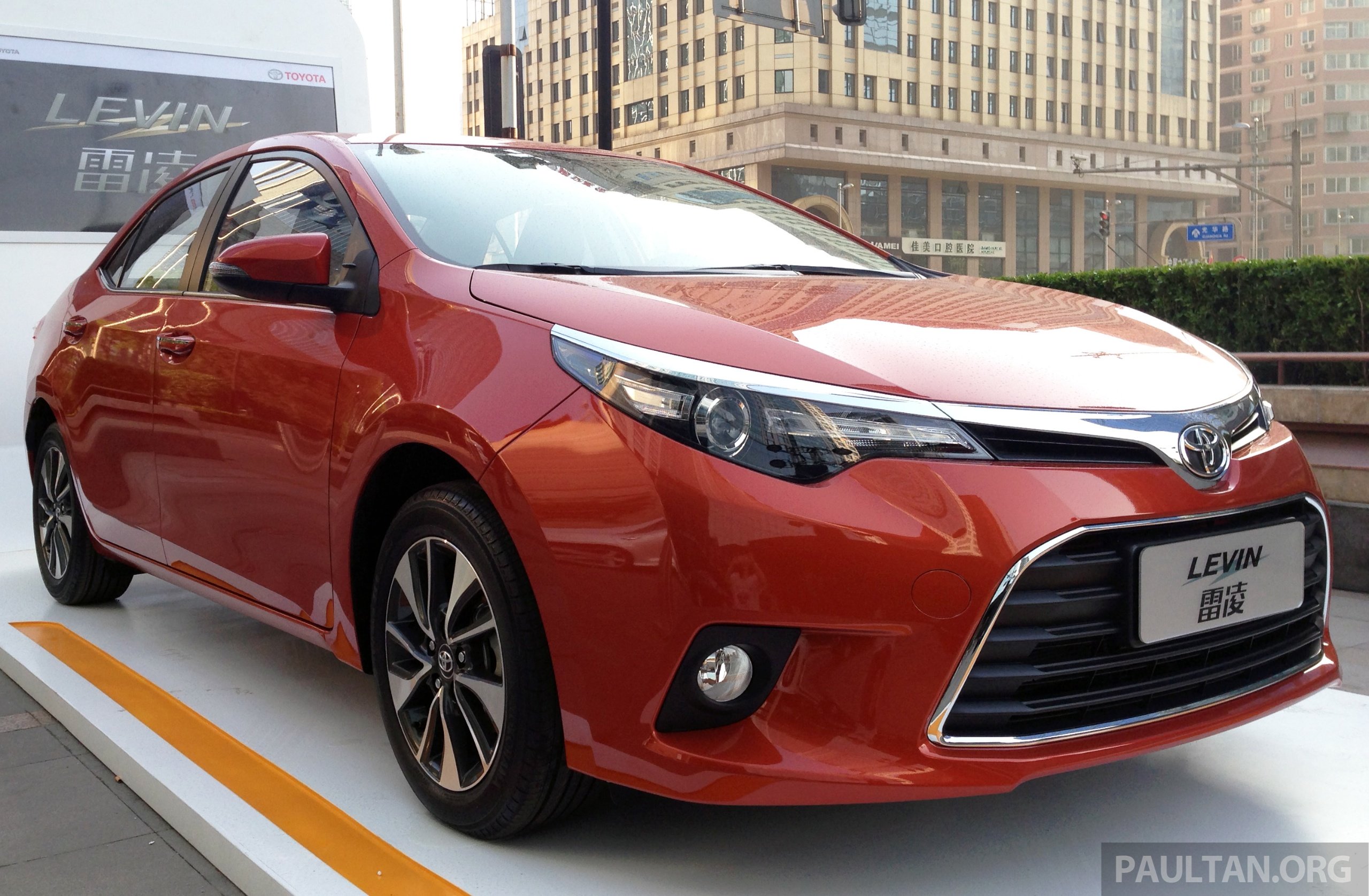
This is the second increase in prices within a short span of three months. Both times, it revised prices upwards post rupee devaluation event.
The State Bank of Pakistan (SBP) allowed the rupee to 4% to Rs115 to the US dollar in the inter-bank market on Wednesday. The central bank has so far devalued the currency by a total of 9%, including the 5% plunge in December 2017.
Earlier, the company increased the price of cars ranging Rs50,000-60,000. However, it was a partial pass on the increase in cost of production, which is why the company announced increasing prices in a wider range of up to Rs300,000, it was reliably learnt.
The devaluation has increased the cost of imports, as the carmaker imports significant amount of raw material, mostly steel. In addition to this, the government put additional regulatory duties on the import of raw material, said the industry officials.
Indus Motor says it will increase car prices further
IMC increased the rate of Grande CVT SR by Rs75,000, which is now priced at Rs2.33 million, Grande MT SR saw its price jump up Rs75,000 to Rs2.51 million. Altis 1.8 CVT's price was raised by Rs75,000 to Rs2.46 million, Altis 1.8 MT by Rs75,000 to Rs2.33 million, Altis 1.8 MT by Rs75,000 to Rs2.27 million, XLI by Rs75,000 to Rs1.89 million, GLI AT by Rs100,000 to Rs2.12 million, GLI MT SE by Rs100,000 to Rs2.15 million, and the price of GLI MT increased from Rs100,000 to Rs2.04 million.
It also increased the price of IMV 1 Deckless, IMC 1 4X2, IMC 1 4X2 upsepec, Revo G MT, Revo G AT, Revo V AT, Fortuner 4x2 Hi and Fortuner 4x4 in range of Rs100,000-300,000.
The auto industry is particularly sensitive to rupee depreciation because of its high dependence on imported raw-material and parts that become expensive with the fall in rupee's value against major international currencies.
However, the same industry is also well-positioned, compared to other industries, to easily pass on the impact due to high demand of automobiles in the country.



















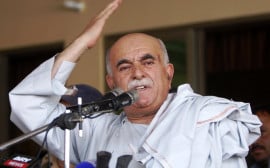
1714736362-0/WhatsApp-Image-2024-05-03-at-4-37-38-PM-(1)1714736362-0-270x192.webp)









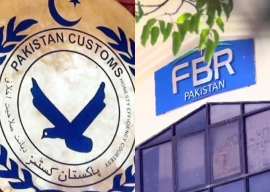
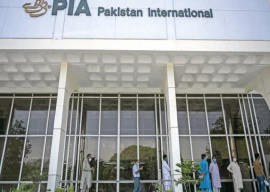



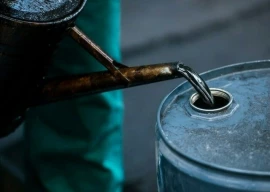






COMMENTS (5)
Comments are moderated and generally will be posted if they are on-topic and not abusive.
For more information, please see our Comments FAQ